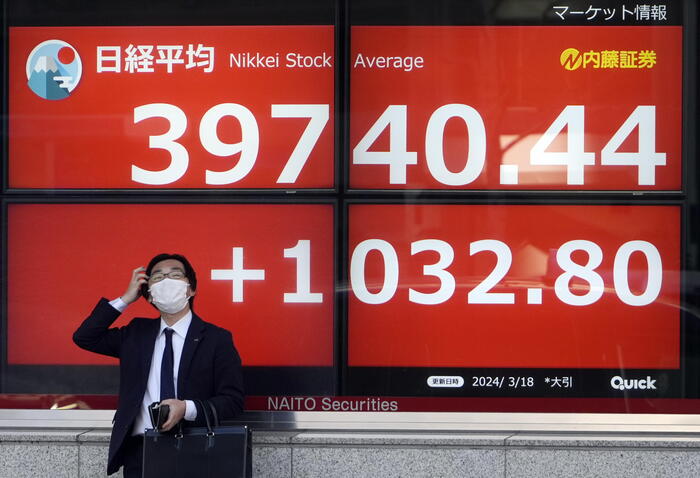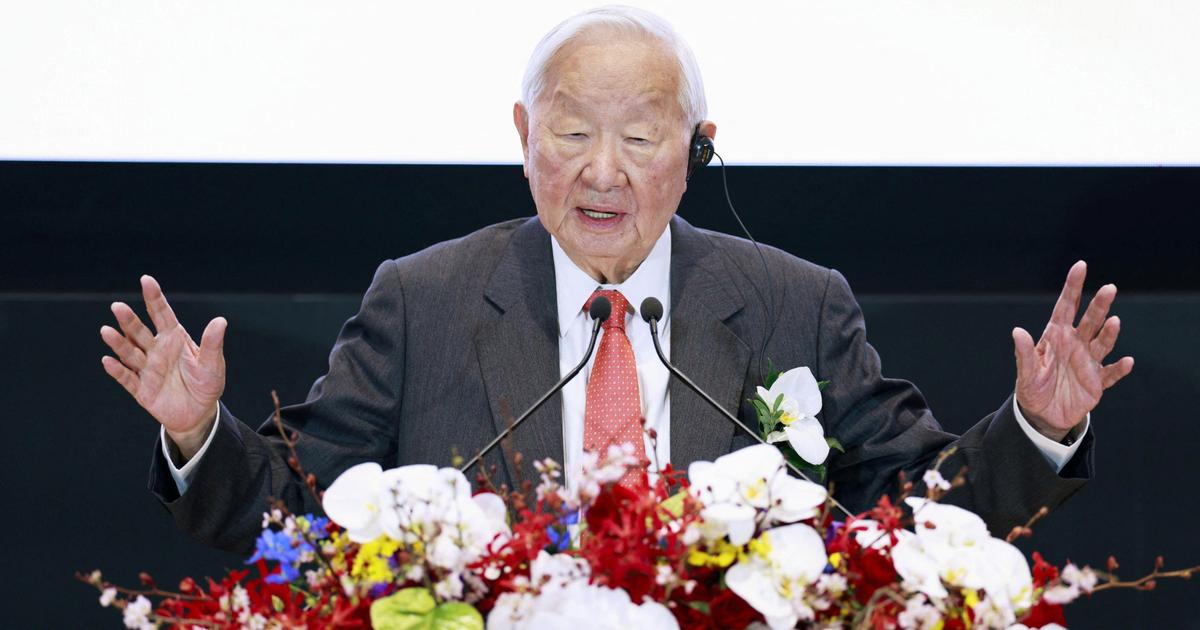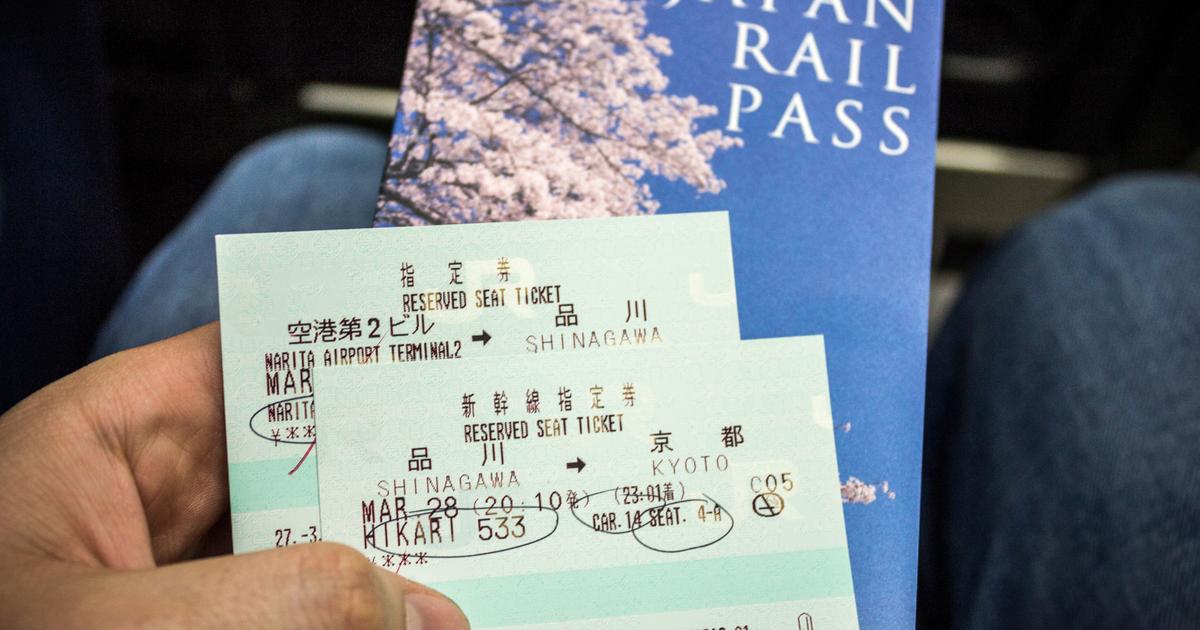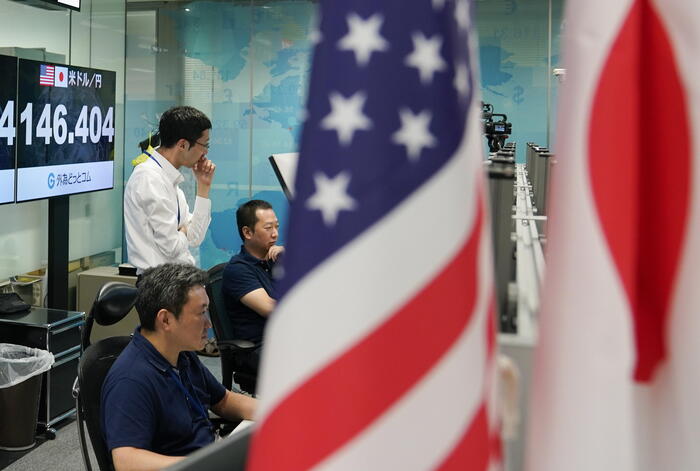Enlarge image
Japan supports its currency
Photo: JIJI PRESS/EPA
For the first time in a long time, the Japanese government has braced itself against the weak national currency by buying yen.
It is the first such intervention since June 1998. Masato Kanda, who is in charge of the foreign exchange market at the Treasury Department, said they were very concerned and would continue to monitor developments.
The yen reacted to the news with significant gains against the US dollar and the euro.
Earlier, the yen had fallen to its lowest level in almost a quarter century against the US dollar following interest rate decisions in Japan and the US.
Basically, a weak yen is seen as more beneficial for Japan's strongly export-oriented economy.
At the same time, the country is importing raw materials and energy sources on a large scale, the prices of which have risen sharply internationally.
A weak yen only makes such imports more expensive.
The Japanese economy is therefore heavily burdened.
The country's trade balance, which is often in surplus due to strong exports, has slipped deep into deficit.
Bank of Japan maintains low interest rate policy
In contrast to many other central banks, the Bank of Japan has not yet counteracted the higher inflation.
While other central banks such as the US Federal Reserve are raising interest rates, the Bank of Japan is pursuing a low interest rate policy.
This strategy was confirmed after the central bank interest rate meeting on Thursday: short-term interest rates are to remain at minus 0.1 percent and long-term rates around zero.
Although inflation in the world's third largest economy is significantly lower than in many other countries, it is relatively high by Japanese standards.
It is currently around three percent.
Against this background, the intervention had been expected on the markets for some time.
On the one hand, several high-ranking members of the government had indicated the intervention in the past few weeks.
On the other hand, at around 145 yen per dollar, the exchange rate approached the level at which Japan last directly supported the yen.
This was at the time of the severe Asian crisis in 1998, which also put the yen under considerable pressure.
After this intervention, Japan had intervened in the market a number of times.
However, not to support the yen, but to prevent it from becoming too strong.
kko/dpa/Reuters















